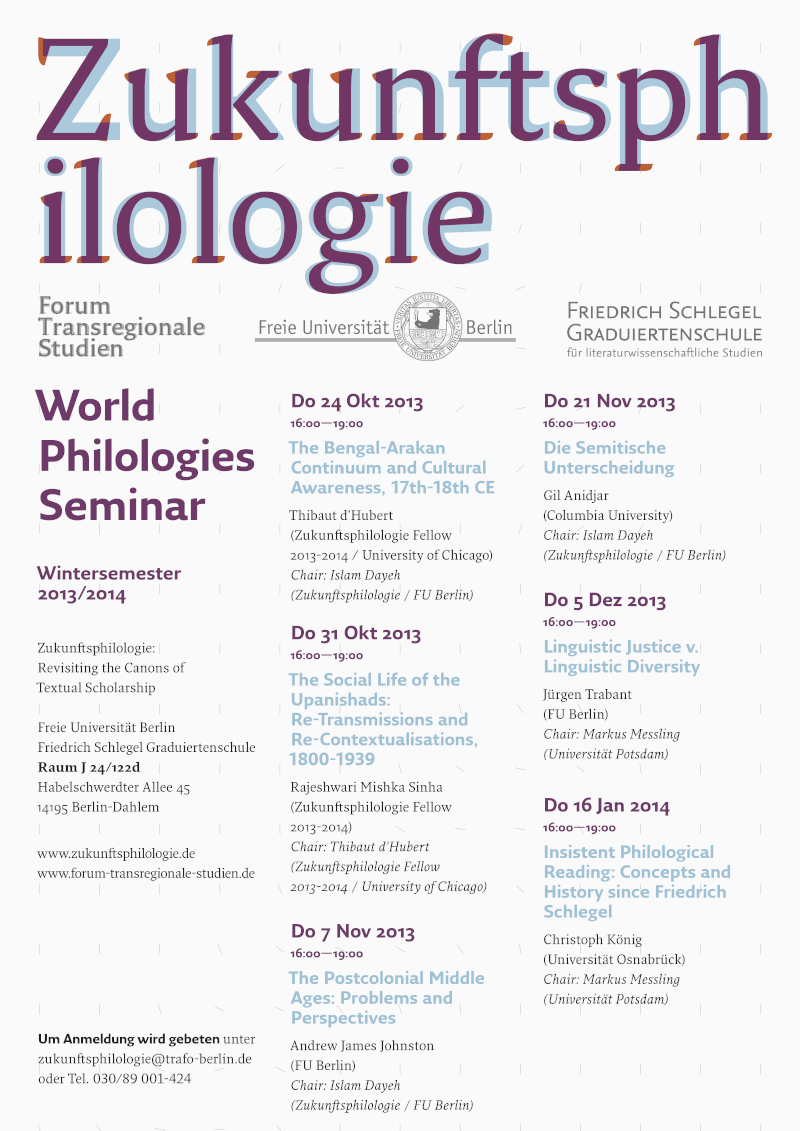You will find Jürgen Trabant's article "Linguistic Justice vs. Linguistic Diversity" in the inaugural volume of Philological Encounters
The linguistic uniformity of Europe (or even the globe) is currently enforced not only by powerful economical and political forces but also more increasingly by sociologists and social philosophers. At first, the learning of global English was only considered as a necessary professional skill, then, the positive connotations of "multilingualism" were evoked for fostering its universal adoption. Now, the acquisition of "globalese" is promoted as a means to achieve social justice. The rhetoric of justice immunises this discourse against any criticism (what can you say against justice?). Its political aims and measures are reminiscent of the aims and measures of the linguistic Jacobinism in the French Revolution. The - rather convincing - propagandistic moves of the social sciences are accompanied by a polemic against linguistic diversity and the connection of language and culture. They are based on a reductive conception of language that underestimates the cognitive and, consequently, cultural potential of languages.
Seminar Text:
Wilhelm von Humboldt: "The Work of the Spirit," in: On Language, 1999, pp. 46-64.


